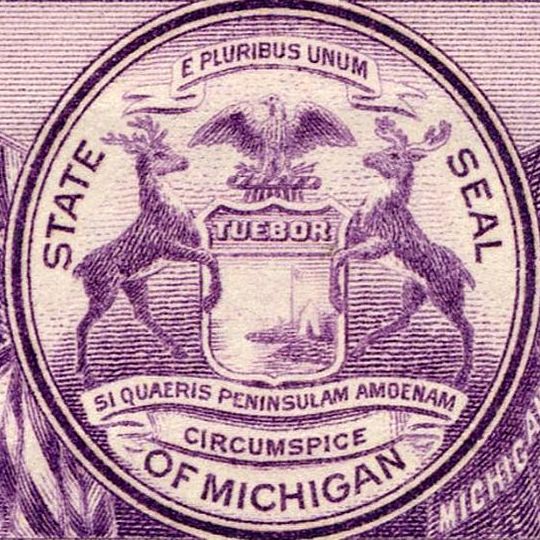The Bad River Band sued [Canadian multinational pipeline and energy company] Enbridge in 2019, saying it was trespassing and that the pipeline was at risk of rupture, posing an imminent threat to the watershed and threatening sources of food and water, as well as their ways of life.
In the fall of 2022, U.S. District Judge William Conley agreed that Enbridge was trespassing. But he didn’t order a shutdown, referring to economic concerns and the implications doing so would have on public policy and trade between the U.S. and Canada.
Enbridge has argued that it’s not trespassing, that it needs more time to move the pipeline outside of the reservation before shutting down that section, and that the court’s decision would not be in the public interest. […] Enbridge and the Government of Canada say shutting down the pipeline before relocating it would also violate a 1977 treaty between the U.S. and Canada.
Tribes across the Great Lakes are asking the federal government to weigh in on this case — among them, the Bay Mills Indian Community, the Little Traverse Bay Bands of Odawa Indians and the Grand Traverse Band of Ottawa and Chippewa Indians. […] “If the United States doesn’t weigh in, what they are risking is that states, tribes, and even the federal government could be subject to trespass by a corporation for the rest of time,” said Whitney Gravelle, president of the Bay Mills Indian Community in Michigan’s Upper Peninsula.
“Whatever decision this court makes will have an impact not only on the Bad River Band, but also on every single tribal nation in the United States,” she said. “And the determinations made will either continue to support tribal sovereignty, or it will undercut tribal sovereignty and allow foreign corporations to trespass on tribal land without any ramifications.”


